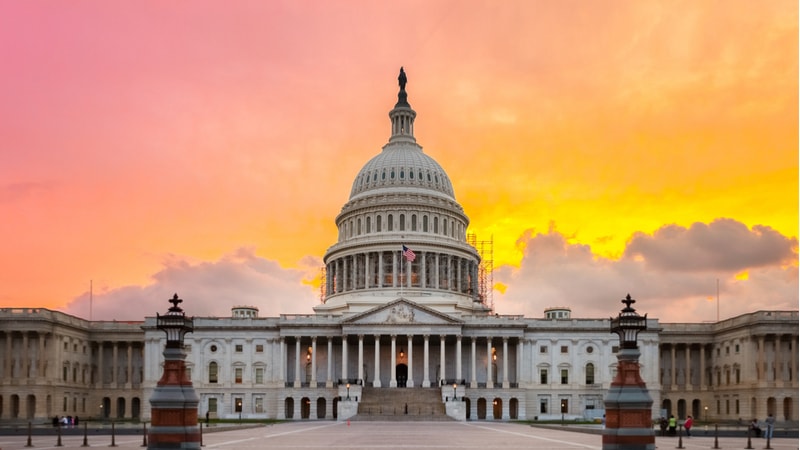
The House Armed Services Committee voted on June 22 to approve the portion of the fiscal year 2023 National Defense Authorization Act (NDAA) authored by the committee’s Subcommittee on Cyber, Innovative Technologies, and Information Systems.
That section of the massive spending bill was approved as a package, without amendments.
That portion of the NDAA bill released by the full committee earlier this week includes the following provisions:
- Requiring the head of U.S. Cyber Command to “evaluate and report to Congress annually on the sufficiency of support to cyberspace operations by the military services”;
- Directing the Secretary of the Navy and the Chief of Naval Operations to establish an independent occupational specialty for cyberspace operations, in line with all other armed forces;
- Creating an oversight mechanism for the Defense Department (DoD) Principal Cyber Advisor over non-cybersecurity related budget matters across the services and the Department;
- Establishing the authorities of the Chief Digital and Artificial Intelligence Officer and converting a pilot program for data repositories across the Department of Defense into a full program for the building of AI models;
- Creating a joint information operations course to prepare the joint force to employ synchronized information-related capabilities; and
- Tasking the Chief Digital and Artificial Intelligence Officer with fostering interoperability between systems using mission integration software to support JADC2.
The NDAA legislation released by the committee prior to the June 22 markup featured a “discretionary” top-line spending figure of $802 billion, with $772 billion for DoD and $29.5 billion for the Energy Department (DoE).
Last week, the Senate Armed Services Committee approved its version of FY2023 NDAA legislation with a top-line figure of $857 billion, including $817 billion in DoD spending and $29 billion in DoE spending.
The House and Senate will vote on their own versions of the FY2023 NDAA, and then reconcile differences between the two versions in a conference committee, then return the unified bill to both chambers for final votes.
